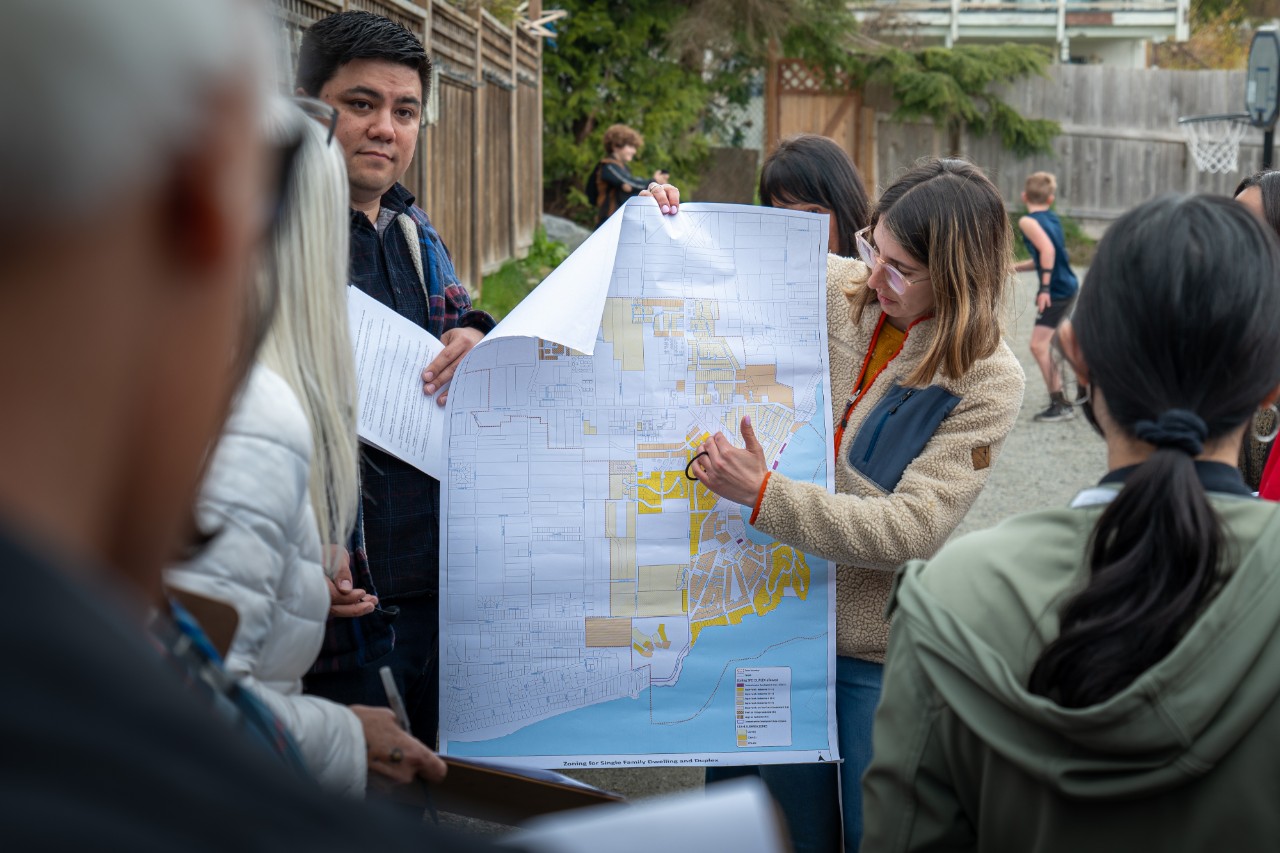- About
- People
- What We Do
- Consulting Services
- Services
- Our Projects
- Burnaby Community Assembly
- Centering Equity and Inclusion in an Engagement Framework
- Framework for Diabetes in Canada
- COVID-19 and Public Health: The Faith and Spiritual Leaders Dialogue Series
- Burnaby Business Recovery Task Force
- CleanBC Job Readiness Workshops
- Your Voice. Your Home.
- Perspectives on Reconciliation
- Establishing a Chinese-Canadian Museum
- Citizen Dialogues on Canada’s Energy Future
- Clients and Partners
- Get in Touch
- Knowledge & Practice
- Beyond Inclusion
- Dialogue & Engagement Resources
- Dialogue Dispatch Newsletter
- International Climate Engagement Network (ICEN)
- Strengthening Canadian Democracy
- Talk Dialogue to Me Podcast
- Initiatives
- Signature Events
- Jack P. Blaney Award for Dialogue
- Award Recipients
- 2024/25: Bringing Justice Home with Judge Abby Abinanti
- 2021/22: Reimagining Social Justice and Racial Equity with adrienne maree brown
- 2019/20: Climate Change and Human Rights with Sheila Watt-Cloutier
- 2017/18: Peace, Pluralism and Gender Equality with Alice Wairimu Nderitu
- 2015/16: Climate Solutions with Tim Flannery
- 2013/14: Reconciliation with Chief Robert Joseph
- 2011/12: Twelve Days of Compassion with Karen Armstrong
- 2009/10: Widening the Circle with Liz Lerman
- 2005: Corporate Social Responsibility and the Right to Health with Mary Robinson
- 2002: Environmental Sustainability with Maurice Strong
- Nomination Details
- History of the Award
- Award Recipients
- Bruce & Lis Welch Community Dialogue
- 2024: AI: Beyond the Hype—Shaping the Future Together with Stephanie Dick and Daniel Barcay
- 2022: Facing the Flames: New and Old Ways of Co-Existing with Fire with Joe Gilchrist and Paul Hessburg
- 2021: All My Relations: Trauma-Informed Engagement with Karine Duhamel
- 2019: Power of Empathy with Kimberly Jackson Davidson
- 2019: Rethinking BC Referendums with John Gastil
- 2017: Strengthening Democratic Engagement with Valerie Lemmie
- 2015-16: THRIVE! Surrey in 2030
- 2014: Citizen Engagement and Political Civility with Dr. Carolyn J. Lukensmeyer
- 2013: Building a Culture of Participation with Dave Meslin
- 2012: Riots and Restorative Justice with Dr. Theo Gavrielides
- 2011: Growing Out of Hunger with Will Allen
- 2010: The Age of Unequals with Richard Wilkinson
- Jack P. Blaney Award for Dialogue
- Consulting Services
- Shared Learning
- News
- Give
Renovate the Public Hearing

Renovate the Public Hearing is a collaborative research initiative created to research and pilot changes to local government land use public hearing requirements as a means to enhance upstreamed, value-based public engagement, streamline affordable housing approvals and other land use processes, and strengthen community building and democratic culture.
Renovate the Public Hearing Initiative has been working to improve municipal efficiencies and increase trust in democracy by identifying evidence-based recommendations for revising BC's Local Government Act public hearing requirements—revisions that would strengthen public engagement practices and supports for reconciliation and create more effective local government pre-development approval processes.
Convened by the Simon Fraser University Morris J. Wosk Centre for Dialogue, Renovate the Public Hearing is a collaborative initiative funded primarily by the Canada Mortgage and Housing Corporation (CMHC) Housing Supply Challenge.
Affiliated Fellow
-

The Renovate the Public Hearing Initiative's Final Report and Recommendations consolidates three years of work and research, and presents a set of recommendations for strengthening public participation in land use decision-making, upholding housing rights, and enhancing spatial equity and democratic culture in BC and beyond.
-

Gibsons Residents Assembly sets new precedent for upstreamed community engagement in first-of-its-kind assembly tied to an Official Community Plan


